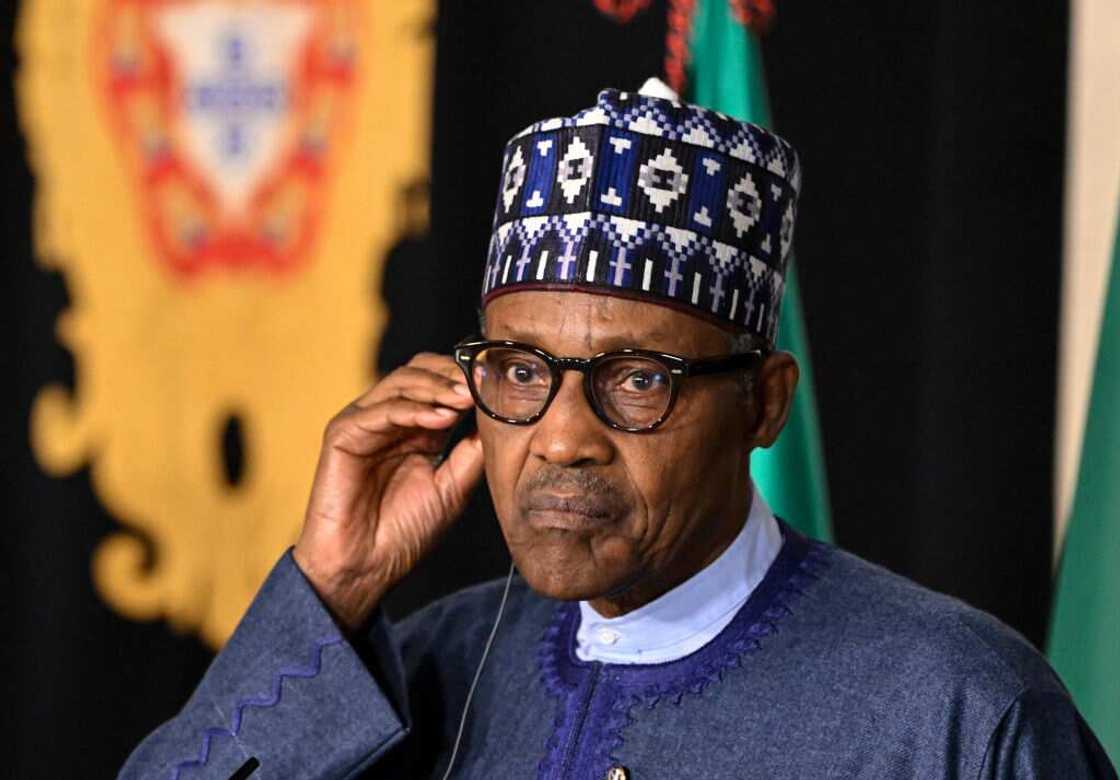Worries Increase as Nigeria’s Public Debts Rise to N45.25 Trillion
- Nigeria’s public debt has jumped in the last five months of this year to N45.25 trillion
- As of March 31, 2022, the entire national debt stood at N41.6 trillion, according to the debt Management Office
- Documents revealed from CBN, and the DMO showed that the country’s debt grew by N4 trillion while the federal government incurred 88 per cent of the total debt
Official documents show that Nigeria’s public debts have grown by N4 trillion in the past five months to stand at N45.25 trillion.
The documents showed that the Nigerian government raised about N3.34 trillion via its regular domestic debt instruments between April and August this year.

Source: Getty Images
Depreciation of the naira and external debts
According to reports, the depreciation of the local currency has also added to the external debt stocks.
PAY ATTENTION: Subscribe to Digital Talk newsletter to receive must-know business stories and succeed BIG!
Documents from the Debt Management Office (DMO) and the Central Bank of Nigeria (CBN) showed how much Nigeria has added to its debt stock in the last five months.
Arthur Steven Asset Management and Vetiva Capital Management, which deal in government debt matters, were named as those who balanced Nigeria’s debt records.
The DMO, earlier this month, stated that the national debt profile has increased to N41.6 trillion by the end of the first quarter of 2022.
The DMO reports said explicitly that the Nigerian government raised N1.116 trillion through bond issuance in the first five months of this year. In addition, it raised N1.999 trillion via Treasury Bills and cleaned up N220.01 billion through the Open Market Operation (OMO).
Domestic debts hits the roof
The DMO said that it calculated the debts based on the CBN’s official exchange rate of N415.75 per dollar as of March 31, 2022, as the conversion rate for Nigeria's external debts for the first quarter.
However, the apex bank’s official rate remained at N423.48 per dollar as of August 31, 2022.
A breakdown of the total debt stocks relied on the increase in external debts to currency devaluation from N16.62 trillion in the first quarter to N16.93 trillion as of the end of August 2022.
Domestic debts increased from N24.987 trillion in Q2 to N28.322 trillion by August.
As of December 2020, the debt stock was N39.556 trillion and increased to N41.6 trillion by the end of the second quarter of 2022.
The Nigerian government garnered more than 88 per cent of the entire debt stock.
Nigerians have expressed varying degrees of worry over the country’s fiscal sustainability and declining national revenue.
Two Nigerian states have highest debt exposure to China as total debt stock hits $100 billion
Legit.ng reported that As of November last year, two Nigerian states have the highest debt exposure to China, and Nigeria's debt to the Asian country has hit about $3.4b billion.

Read also
List of Nigerian banks with the most expensive, cheapest shares price as investors make billions in six months
According to data from Debt Management Office (DMO), the states of Kaduna and Cross River has the highest debt to China, given through China's Exim Bank.
The states are also exposed to lenders like Japan International Corporation (Jica) India and KFW Development Bank.
Source: Legit.ng




